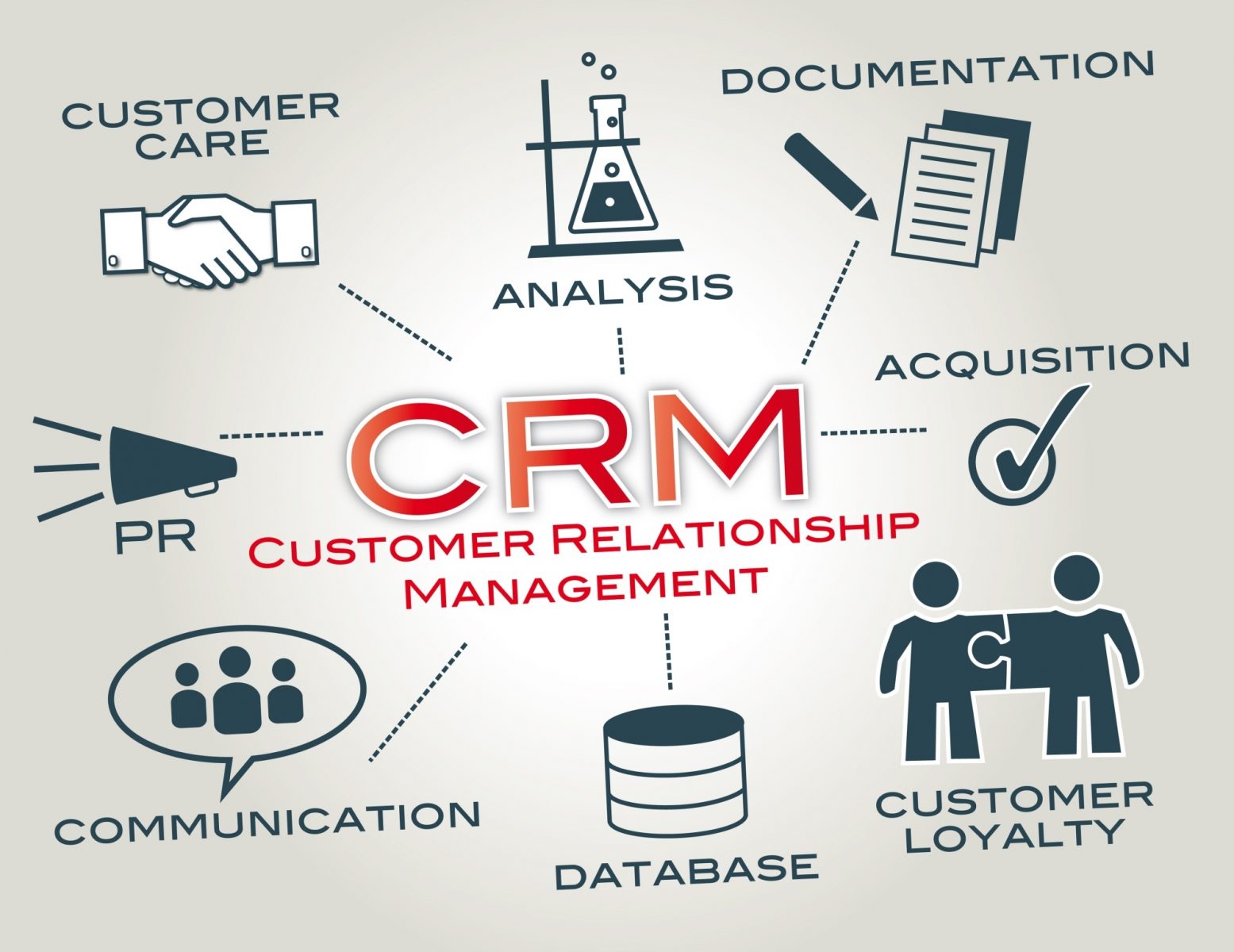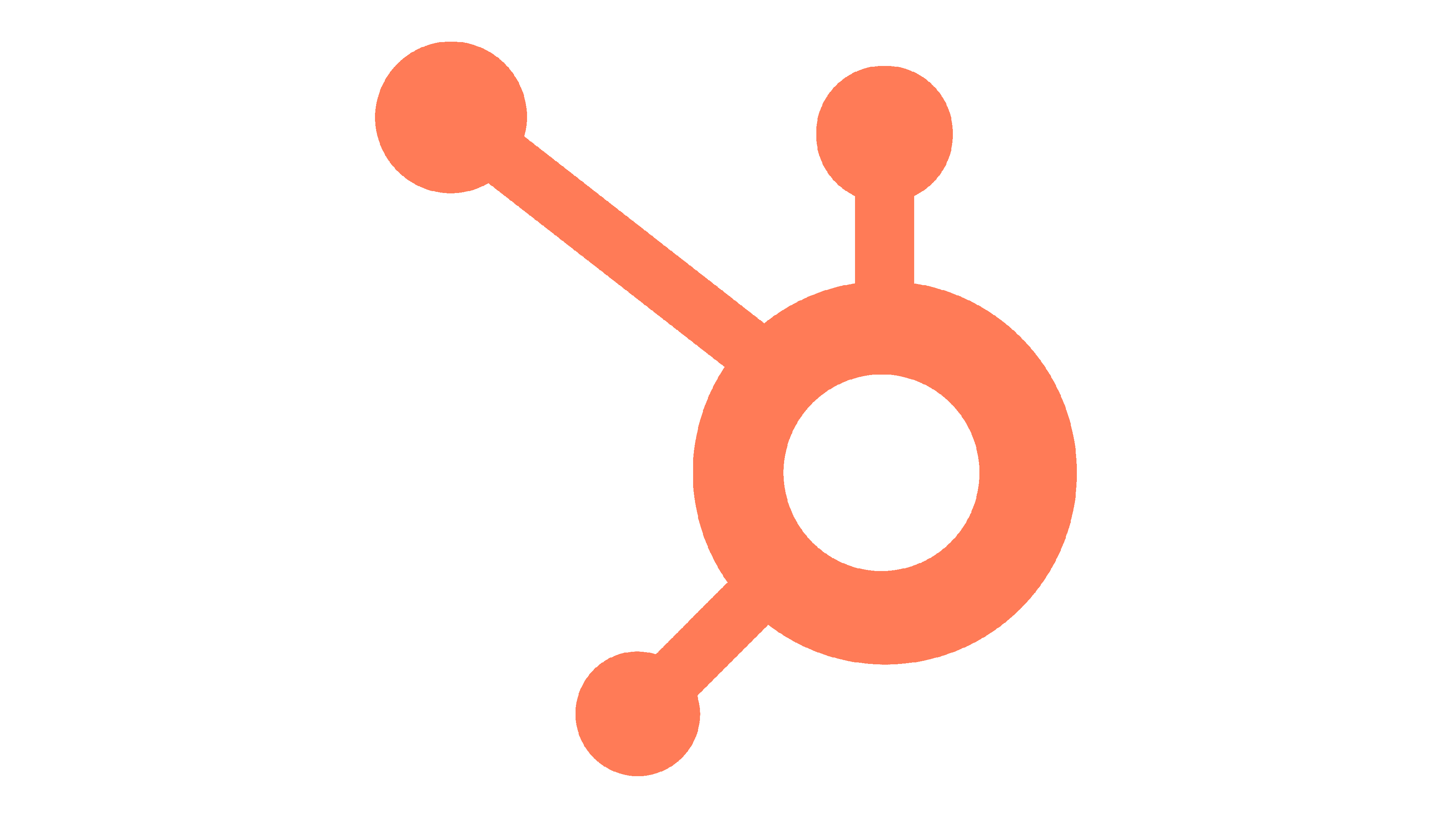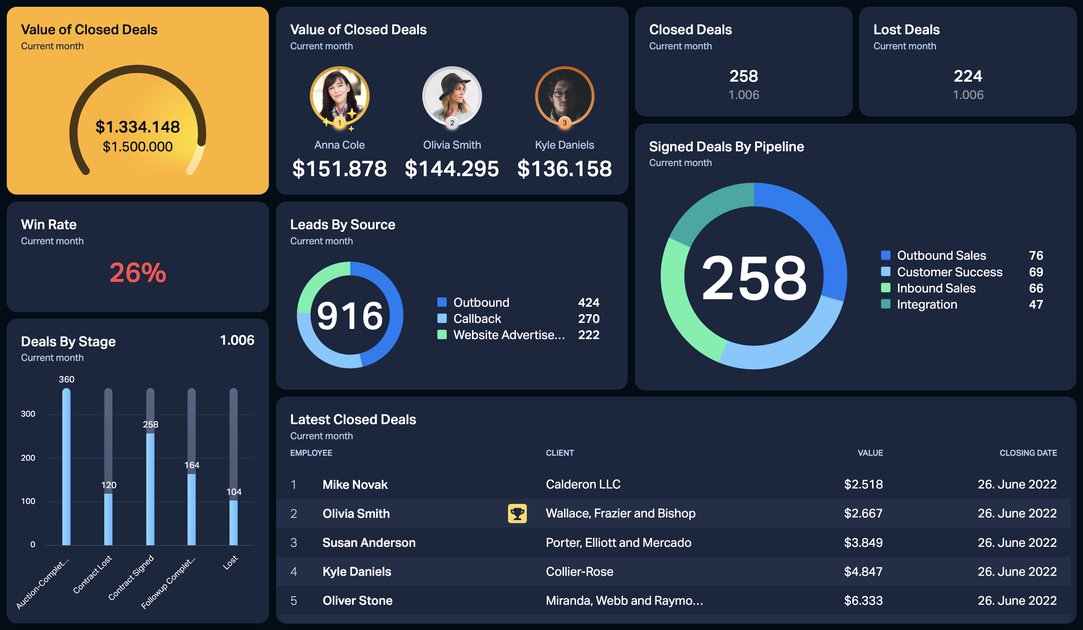Are you looking to take your business to the next level? In the competitive landscape of today’s market, having a robust Customer Relationship Management (CRM) software is essential. CRM software serves as a powerful tool to streamline your business processes, enhance customer relationships, and drive growth. In this ultimate guide to CRM software benefits and best practices, we will delve into the key advantages of using CRM software, tips on selecting the right solution for your business, and effective strategies for maximizing its potential to boost your bottom line.
Implementing CRM software can revolutionize the way your business manages interactions with customers, leads, and prospects. With the right CRM software, you can centralize customer data, automate marketing campaigns, track sales activities, and improve customer service. By harnessing the power of CRM software, businesses can create personalized experiences, foster long-term relationships, and ultimately increase customer loyalty. Discover how CRM software can be the game-changer your business needs to stay ahead in today’s fast-paced market environment.

Enhancing Business Success with CRM Software Benefits
Improved Customer Service
CRM software revolutionizes customer service by enabling businesses to track interactions, preferences, and purchase history. With personalized data at their fingertips, companies can offer tailored solutions that enhance customer satisfaction and loyalty. This proactive approach boosts customer retention and builds a positive brand reputation.
Boosting Sales Performance
By streamlining sales pipelines and efficiently managing leads, CRM software empowers businesses to identify prospects, track progress, and capitalize on sales opportunities. Through real-time insights and automated workflows, organizations can optimize their sales processes, increase conversions, and drive revenue growth effectively.
Cultivating Stronger Customer Relationships
Centralizing customer data, communication, and feedback within CRM software enables businesses to create meaningful connections with customers. By understanding individual needs and preferences, companies can deliver targeted communication and personalized experiences that foster trust, loyalty, and long-term relationships. Strengthening customer relationships ultimately leads to repeat business and referrals, fueling sustainable growth.

Key Factors in Choosing the Right CRM Software
Size and Industry Consideration
When selecting CRM software, the size of your business and the industry it operates in are crucial factors. Small businesses may require simple, cost-effective solutions, while enterprise-level businesses might need more advanced features for scalability. Industry-specific CRM software can offer tailored functionalities to meet unique industry requirements.
Budget and Specific Needs Assessment
Determining a budget upfront is essential. Evaluate not only the initial costs but also ongoing expenses like customization, training, and support. Define your specific needs regarding sales, marketing, customer service, and analytics to ensure the chosen CRM aligns with your business goals and processes effectively.
Research and Reviews Evaluation
Reading reviews of different CRM software products can provide valuable insights into user experiences, features, and support. Consider platforms like G2, Capterra, or TrustRadius to gather feedback from actual users. Look for ratings, testimonials, and case studies to gauge the software’s reliability and suitability for your business.
In the intricate landscape of CRM software options, navigating through the selection process requires a thoughtful approach. By carefully analyzing the size, industry, budget, specific needs, and user feedback, businesses can make an informed decision aligned with their growth objectives. Efficiently choosing the right CRM software paves the way for enhanced customer relationships and optimized business operations, setting the stage for sustained success.

Top CRM Software for Small Businesses
HubSpot CRM
HubSpot CRM offers a user-friendly interface with robust features like contact management, email tracking, and sales automation, making it ideal for small businesses. Its free version provides essential tools for startups, while the paid plans offer advanced customization and integration options.
Salesforce Essentials
Salesforce Essentials caters to small businesses with its scalable CRM solution, combining sales and customer service tools. With a focus on ease of use and flexibility, it empowers teams to effectively manage customer relationships, track leads, and drive sales growth.
Zoho CRM
Zoho CRM stands out for its affordable pricing and comprehensive features tailored for small businesses. From lead management to analytics, Zoho CRM offers a versatile platform that enables businesses to streamline processes and boost productivity.
Insightly
Insightly is known for its user-friendly interface and strong project management capabilities. It integrates CRM with project management, allowing small businesses to efficiently manage both customer relationships and internal projects on a single platform.
Pipedrive
Pipedrive is a popular choice for small businesses due to its intuitive sales pipeline management features. It focuses on visual representations of sales processes, making it easier for teams to track deals, forecast sales, and prioritize tasks effectively.

Top CRM Software for Enterprise Businesses
Salesforce Sales Cloud
Salesforce Sales Cloud stands out for its robust features tailored for enterprise-level businesses. With powerful sales automation, lead management, and analytics capabilities, Salesforce Sales Cloud empowers businesses to streamline sales processes, drive revenue growth, and enhance customer relationships effectively.
Microsoft Dynamics 365
Microsoft Dynamics 365 offers a comprehensive suite of CRM solutions designed to cater to the needs of large enterprises. With seamless integration with other Microsoft products, advanced AI capabilities, and customizable features, Dynamics 365 enables businesses to optimize sales, marketing, and customer service functions efficiently.
Oracle Siebel CRM
Oracle Siebel CRM is a trusted CRM software solution known for its scalability and industry-specific features. Ideal for enterprises with complex customer management needs, Oracle Siebel CRM provides robust analytics, multichannel support, and automation tools to enhance customer engagement and boost operational efficiency.
SAP Hybris Cloud for Customer Engagement
SAP Hybris Cloud for Customer Engagement is a top choice for enterprise businesses seeking a cloud-based CRM solution. Offering personalized customer experiences, omnichannel support, and advanced reporting functionalities, SAP Hybris empowers organizations to drive sales, improve customer satisfaction, and foster long-term loyalty effectively.
Adobe Experience Cloud
Adobe Experience Cloud caters to enterprise businesses looking to deliver seamless, personalized customer experiences across all touchpoints. With powerful marketing automation, content management, and analytics tools, Adobe Experience Cloud enables businesses to create engaging campaigns, drive customer engagement, and optimize marketing strategies efficiently.
Common Mistakes to Avoid When Using CRM Software
When businesses fail to leverage CRM software to its full potential, they miss out on maximizing its benefits. It’s crucial to explore all features and functionalities offered by your CRM system. Regular training sessions can help employees understand and utilize the software effectively, boosting productivity and enhancing customer relationships.
Maintaining clean and up-to-date data is paramount in CRM software usage. Inaccurate or outdated information can lead to misguided marketing efforts, poor customer service, and missed sales opportunities. Establish data validation protocols, conduct regular data hygiene checks, and empower employees to update and verify customer information to ensure data integrity.
Tracking all customer interactions is key to gaining valuable insights and providing personalized experiences. Failing to record every touchpoint across various channels limits your understanding of customer behavior and preferences. By capturing and analyzing all interactions within the CRM system, businesses can tailor their strategies to meet individual customer needs effectively.
Automation is a pivotal feature of CRM software that streamlines processes and saves time. Neglecting to automate repetitive tasks such as data entry, email responses, and follow-up reminders hinders operational efficiency. Embrace automation capabilities within your CRM platform to free up resources, minimize errors, and focus on high-value activities that drive business growth.
Generating reports from CRM software offers actionable intelligence for informed decision-making. Overlooking this functionality deprives businesses of performance insights, sales forecasts, and trend analysis. Utilize customizable reporting tools to track KPIs, monitor sales pipelines, and evaluate campaign effectiveness, enabling data-driven strategies and continuous improvement.
Collaboration is essential for cohesive team efforts and unified customer experiences. When teams operate in silos without utilizing CRM software for shared access to customer data and communication history, it leads to duplicated efforts, miscommunication, and disjointed customer interactions. Encourage cross-departmental collaboration through integrated CRM platforms to foster synergy and deliver seamless customer service.


